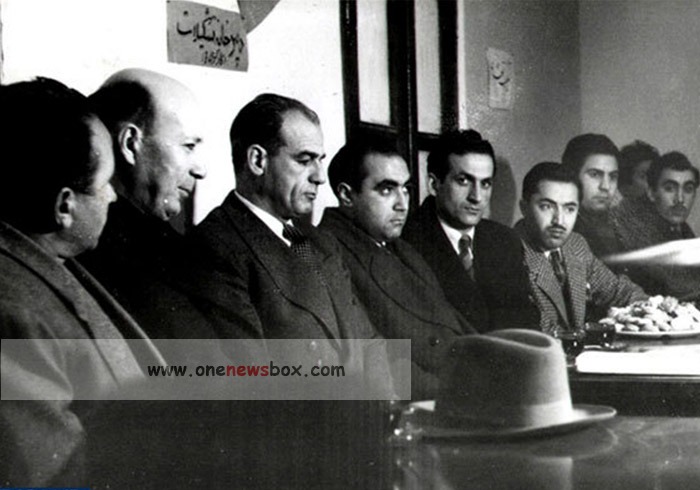An early experience at this school profoundly shaped Maleki’s lifelong attitude towards politics and activism. During an incident in which a teacher slapped a student, the other students called for a strike and demanded the teacher’s dismissal. Maleki initially opposed what he saw as excessive demands. Nevertheless, he joined the protest in solidarity. When the school administration issued a warning, most students backed down and returned to class. Maleki refused, standing firm in his belief that the students should not cave to authority. This led to his expulsion, a deeply disillusioning experience. For a brief period, he considered fleeing to the Soviet Union, seeing it as a possible haven for radical thinkers. However, with the intervention of a friend, he was eventually readmitted to the school and completed his studies.
Germany, Socialism, and the Arani Circle
In 1928, during the reign of Reza Shah, Maleki received a government scholarship to study abroad. He traveled to Germany in October of that year to study chemistry. Among his cohort were future Iranian political and intellectual leaders such as Mehdi Bazargan, Karim Sanjabi, and Nasrollah Sadeghi.
Germany during the Weimar Republic was a vibrant, tumultuous place. Political ideologies clashed daily on university campuses, in cafes, and on the streets. Communism and Nazism were rapidly gaining adherents, and the ideological battlefield was unforgiving. Maleki gravitated toward a circle of Iranian students led by Dr. Taghi Arani. This group, known for its leftist leanings, became a crucible for radical thought and debate.
In his memoirs, Maleki wrote, “We did not choose communism. Communism chose us.” This poignant statement encapsulated the allure of leftist ideology to young Iranians disillusioned with autocracy and imperialism.

